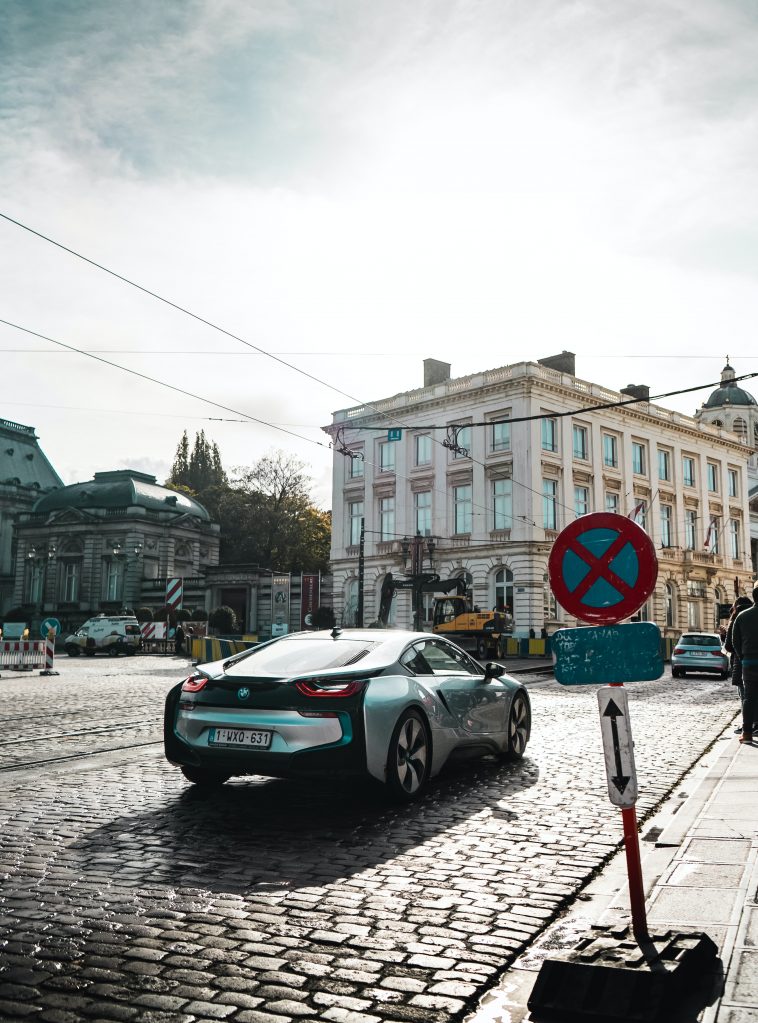A report from the National Association of Automobile Manufacturers of South Africa (NAAMSA) says that sales of electric vehicles in the country in the first three months of 2023 have already topped more than half of the total sales from last year.
Since the beginning of the year, 232 electric cars have been sold, less than the 502 sold in all of 2022. In Q1 2023, sales of new energy vehicles (NEVs), which include plug-in hybrids, standard hybrids, and fully electric cars, went up by 18.8% compared to the same time in 2022.
When you compare Q1 2023 to the same time last year, 112 fully electric cars were sold in the country, but 232 were sold in Q1 2023. This is the biggest rise in sales for fully electric vehicles.
Also, in the first quarter of 2023, more electric cars were sold than in 2021, 2020, 2019, or 2018. In South Africa, 4,764 NEVs were sold in 2022, compared to 896, 324, and 407, respectively, in 2021, 2020, and 2019.
South Africa’s increase in electric vehicle sales is hilarious for two reasons. To begin with, the country is now experiencing a 15-year power crisis, which has been aggravated by troubles with Eskom, South Africa’s electricity utility supplier.
Second, electric cars in South Africa are very, very expensive. MyBroadband says that when exchange rates and extra taxes are taken into account, the price of a foreign pickup truck in South Africa is about 89% higher than in the US.
This is made worse by the effects of the value-added tax (VAT), the ad valorem excise duty, which is based on a sliding scale up to 30%, and the import tariff, as well as the limited availability of products and problems with awareness caused by range anxiety, security of electricity supply, and a lack of understanding of the technology, according to a statement from NAAMSA.
NAAMSA thinks that the government should give incentives to switch to NEVs on the domestic market, build more charging stations, and support a change to NEV production to keep the rate of electric vehicle adoption on the same track.
South Africa has already missed the next round of investments in EV models, for which the decision date is three years before production begins. “The next round of investments probably won’t be considered until around 2030,” said Neale Hill, head of NAAMSA.
On the other hand, the government says it is doing everything it can to encourage people to make EVs instead of just buying them.
We don’t want South Africa to be the last place where internal combustion engines (ICEs) are made. At the same time, other markets focus on electric vehicles (EVs), said Malebo Mabitje-Thompson, acting director-general for the Department of Trade, industry, and Competition.
 We just launched our WhatsApp channel. Want to get the latest news from the Tech in Africa?
We just launched our WhatsApp channel. Want to get the latest news from the Tech in Africa?


